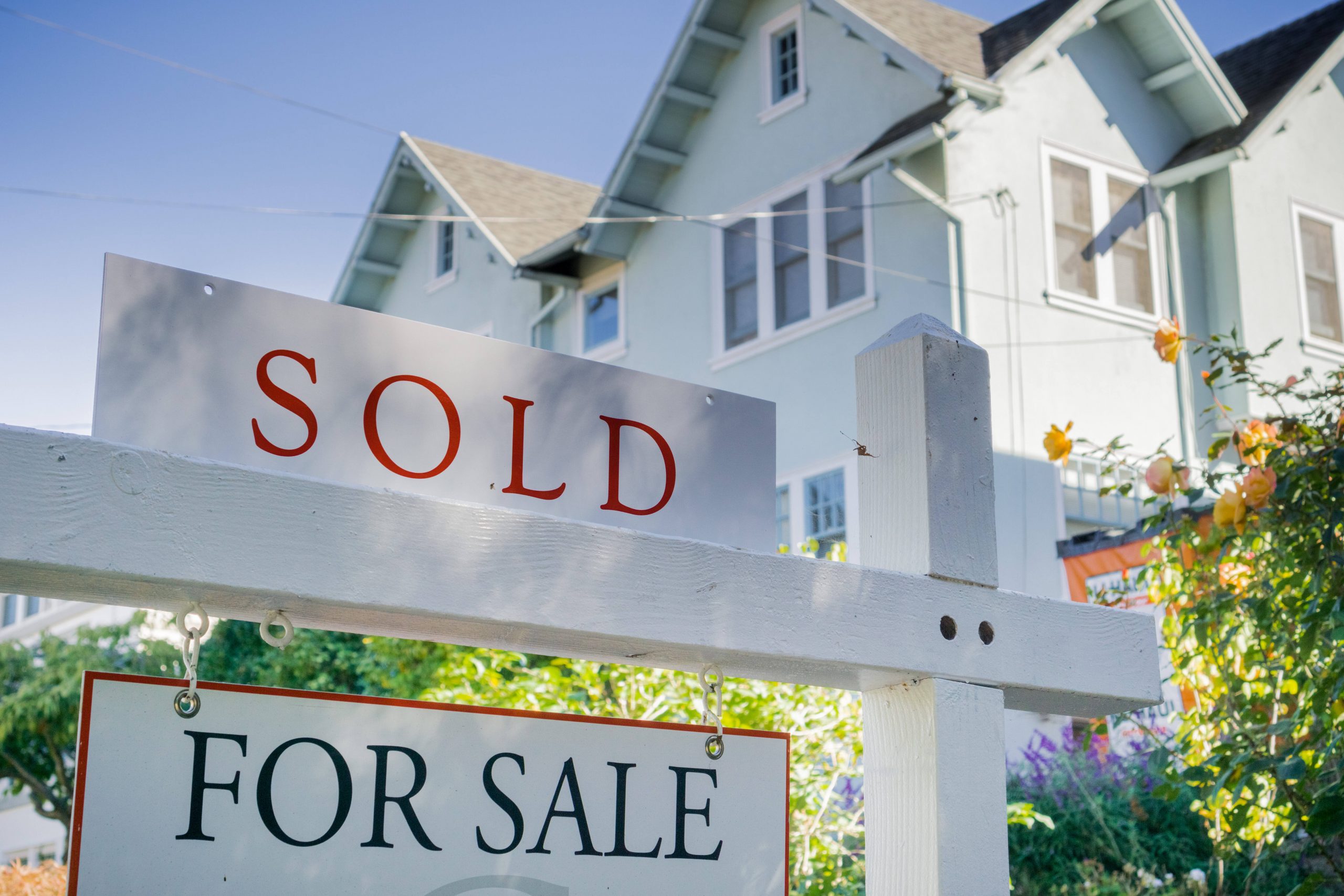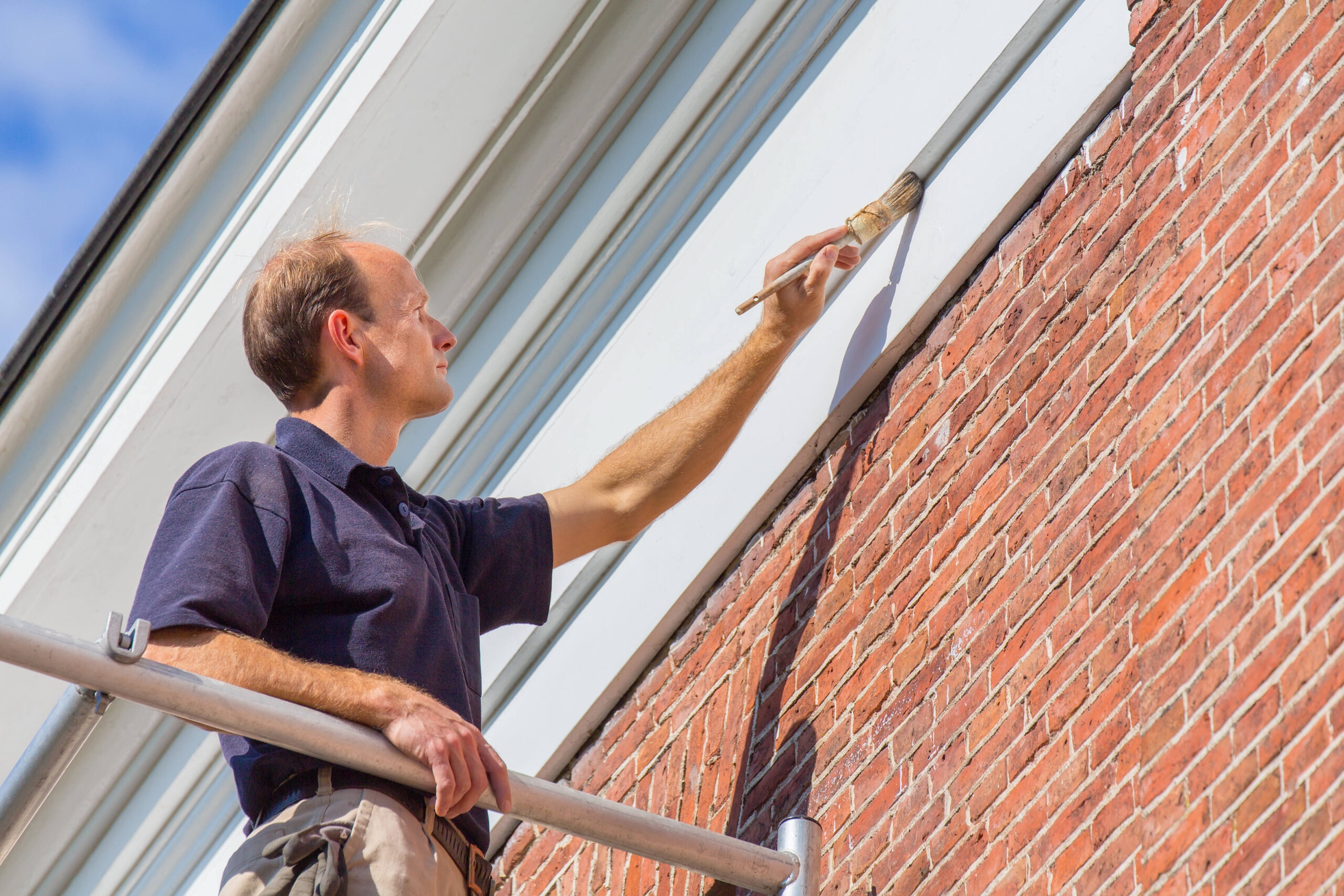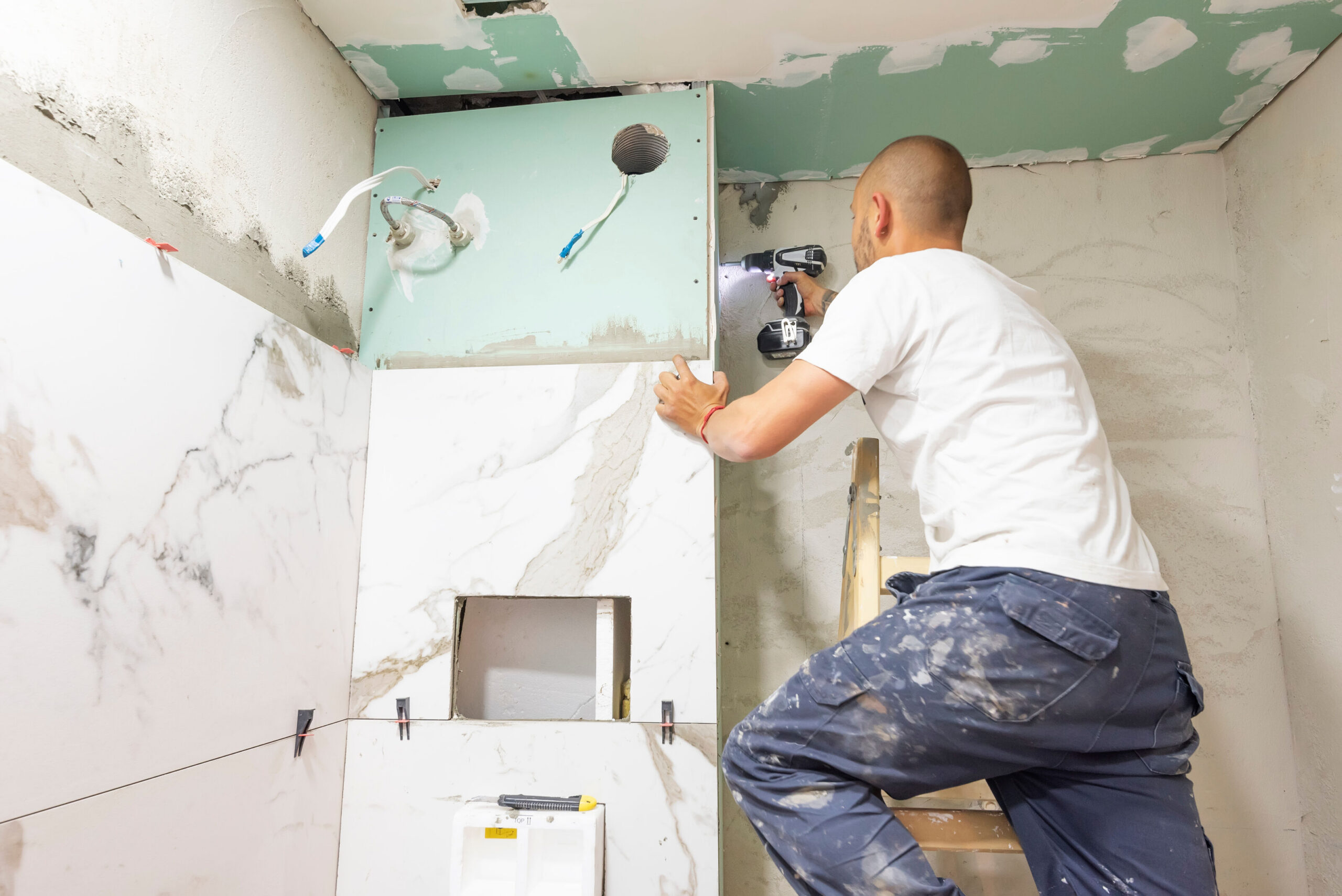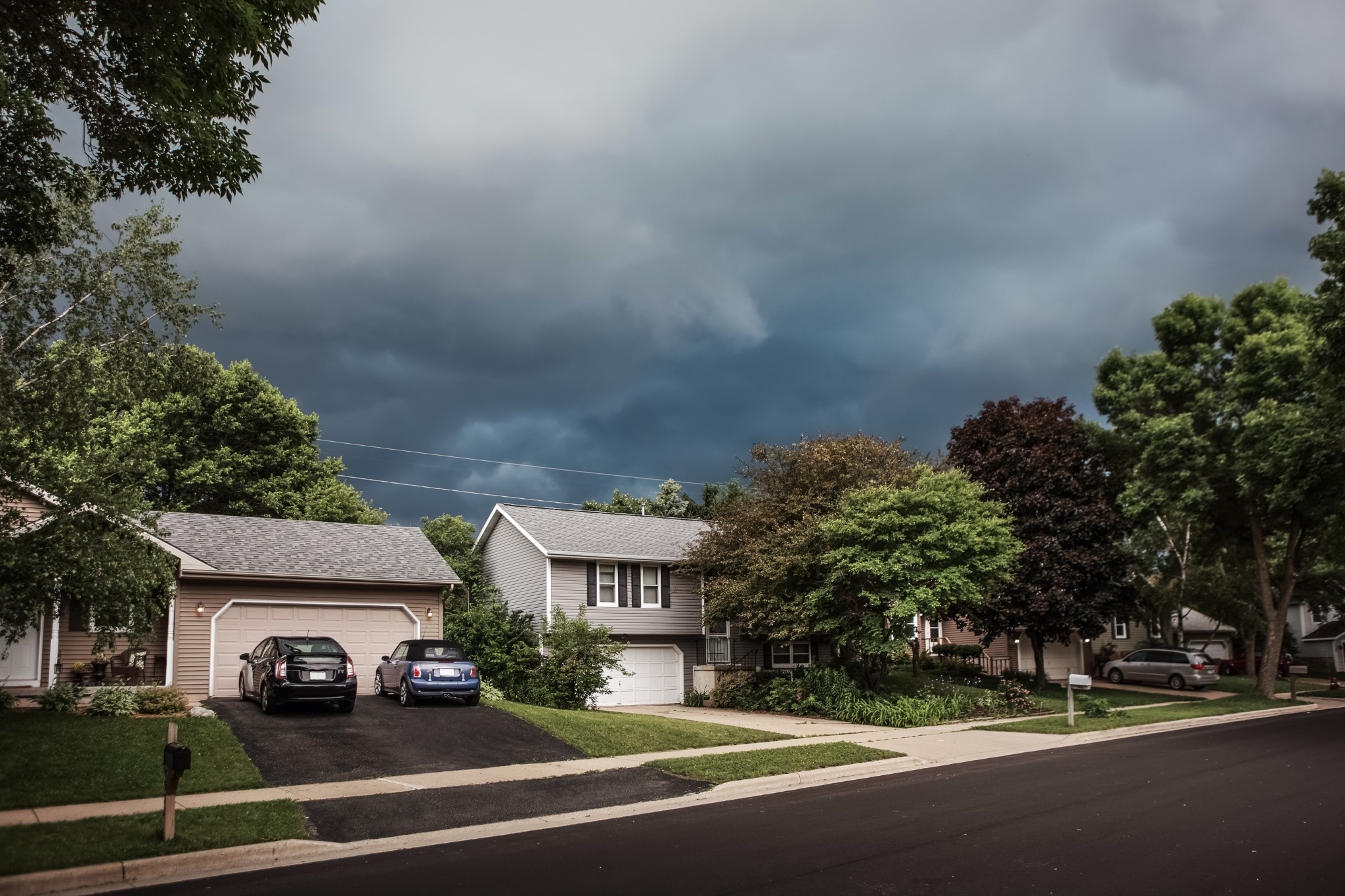Table of Contents
- Online Home Value Estimators: Are They Accurate?
- How to Improve the Accuracy of Online Estimates
- Real Estate Agent Comparative Market Analysis (CMA)
- Professional Appraisals
- County Assessor's Value vs. Market Value
- Factors That Can Skew Home Estimates
- Which Method Should You Trust?
- Know Your Home's Worth with Confidence
How to Get a Spot-On Home Estimate (Without Overpaying or Underselling)
Wondering how much your home is really worth? Getting an accurate home estimate doesn’t have to cost a fortune or involve complicated appraisals. With the right mix of tools and tips, you can uncover your home’s true value and make smarter financial moves.

First, let’s break down what actually affects how much your home is worth. It’s not just about square footage or the number of bathrooms—although those do matter. Home value is based on a mix of tangible and intangible factors, including:
- Location: Proximity to schools, shopping, public transportation, and crime rates
- Comparable Sales (Comps): How much similar homes nearby have recently sold for
- Size and Layout: Total square footage and how that space is used
- Condition: Age of the home, recent renovations, and general upkeep
- Market Trends: Supply and demand in your local real estate market
- Curb Appeal: The aesthetic quality of your home and landscaping
When you understand these variables, it becomes a lot easier to see why home estimates can vary so widely.
Online Home Value Estimators: Are They Accurate?
Let’s talk about those tempting “What’s Your Home Worth?” widgets you see all over the internet. Online estimators use algorithms that pull public data like tax assessments, property records, and recent sales to come up with a ballpark number.
Here are some of the most popular home value tools:
Zillow Zestimate
Zillow’s Zestimate is probably the most well-known tool, with estimates for over 100 million U.S. homes. It uses a proprietary algorithm that considers public data, MLS records, and user-submitted info. Zillow claims the median error rate for on-market homes is around 2.4%, but for off-market homes, that number jumps to about 7.5%.
Redfin Estimate
Redfin’s estimate tool uses a similar automated valuation model (AVM), but it’s updated daily and pulls directly from MLS data where Redfin operates. Redfin says their estimates for homes listed on the platform are within 2.23% of the eventual sale price half the time.
Realtor.com My Home
This tool combines public data with insights from CoreLogic, a major real estate data provider. Realtor.com also allows homeowners to claim their home and update info to improve accuracy.
Chase Home Value Estimator
This tool is built for customers looking into refinancing, and it gives a general estimate based on public data. It’s a good starting point if you’re exploring loan options.
Eppraisal and HomeLight
These tools provide a range of home values based on different sources. They’re often used by sellers who want a quick overview before reaching out to an agent.
While these tools are convenient, keep in mind they don’t account for unique upgrades, recent renovations, or even the overall vibe of your neighborhood. Think of them as educated guesses rather than gospel.
How to Improve the Accuracy of Online Estimates
To get the most accurate number from an online estimator, you’ll want to:
- Claim your home on platforms like Zillow or Realtor.com and update details
- Add information about recent upgrades (like a new roof or kitchen renovation)
- Check multiple sources to compare estimates and look for common ground
- Be realistic—automated tools can’t walk through your home or see its true condition
If you’re seeing wildly different numbers across tools, it’s a sign that you need a more hands-on evaluation.
Real Estate Agent Comparative Market Analysis (CMA)
One of the most trusted ways to get a reliable estimate is by working with a local real estate agent. Most agents offer a Comparative Market Analysis (CMA) for free if you’re thinking about selling. A CMA evaluates similar homes that have recently sold in your area—often using insights that aren’t visible in public data.
Because agents know the nuances of your neighborhood, they can factor in local buyer behavior, upcoming developments, and hyper-local trends. Plus, they actually visit your home, so they can see upgrades and condition with their own eyes.
Professional Appraisals
If you’re refinancing or applying for a home equity loan, your lender will require an official home appraisal. This is a paid service (usually $300–$600) conducted by a licensed professional who evaluates your home based on:
- A physical walkthrough
- Comparable recent sales
- Market trends
- Structural condition
- Any renovations or additions
Appraisals are considered the gold standard for home value because they’re regulated, objective, and accepted by lenders and banks. However, they’re not always useful if you’re just curious about your home’s worth.
County Assessor’s Value vs. Market Value
It’s important to understand the difference between assessed value and market value. Your local tax assessor calculates your home’s assessed value to determine property taxes. This number is usually lower than your home’s market value and isn’t updated as frequently.
Don’t rely solely on the tax-assessed value when trying to estimate what your home could sell for—it’s just not designed for that purpose.
Factors That Can Skew Home Estimates
Some common reasons home value estimates might be off include:
- Outdated renovations or incorrect square footage in public records
- Inconsistent neighborhood comps (e.g. comparing a two-story home to a ranch)
- Rapidly changing markets (especially post-pandemic, values have shifted fast)
- Unique features that AVMs don’t know how to price (like solar panels, home offices, or detached studios)
Which Method Should You Trust?
Here’s a quick breakdown comparing the most popular methods:
| Method | Cost | Accuracy | Best For |
|---|---|---|---|
| Online Estimators | Free | Moderate | Quick check, starting point |
| CMA by Agent | Usually Free | High | Selling or buying |
| Professional Appraisal | $300–$600 | Very High | Refinancing, legal/financial decisions |
| Tax Assessor’s Value | Free | Low to Medium | Property tax purposes only |
If you’re selling soon or making big financial moves, go beyond the free tools. Combining an online estimate with a CMA or appraisal gives you the full picture.
Know Your Home’s Worth with Confidence
Getting an accurate estimate of your home’s value isn’t about finding the perfect number—it’s about understanding the range. The more sources you check and the more accurate your data, the better equipped you’ll be to make smart decisions about your home.
Whether you’re testing the market, planning to refinance, or just curious about your equity, using a combination of online tools and expert input will give you the clearest view of what your home is really worth.





